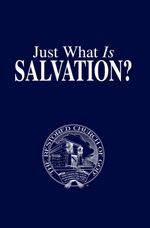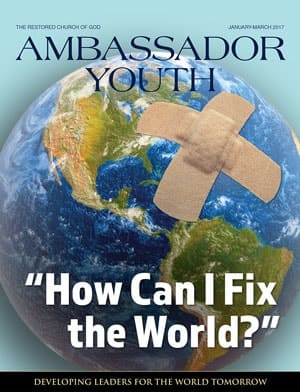Most young people struggle to discern what is legitimate information on the web, according to research conducted by American universities.
A Northwestern University study found that students ‚Äúignored the sponsoring organization and the article‚Äôs author‚ÄĚ when determining the validity of a particular website, PBS NewsHour reported. Instead, they ‚Äúblindly [trusted] the search engine to put the most reliable results first.‚ÄĚ
Another study conducted by the Stanford Graduate School of Education, which ‚Äúcovered news literacy, as well as students‚Äô ability to judge Facebook and Twitter feeds, comments left in readers‚Äô forums on news sites, blog posts, photographs and other digital messages that shape public opinion,‚ÄĚ found that:
- 80 percent of middle school students believed an advertisement labeled ‚Äúsponsored content‚ÄĚ was a news story.
- 30 percent of high school students believed a fake news organization was more trustworthy than an official international news agency because, they reasoned, it contained more graphic content.
- College students tended to trust websites with the .org domain without regard to content.
The researchers found that those who were susceptible to fake news‚ÄĒfalse stories or data often used to support political claims‚ÄĒwould spend the majority of time on a particular website without cross-examining its information with other sites.
Effective fact-checkers determine whether a site can be trusted by checking the site‚Äôs information through other sites. PBS reported: ‚ÄúIf undergraduates read vertically [from beginning to end], evaluating online articles as if they were printed news stories, fact-checkers read laterally, jumping off the original page, opening up a new tab, Googling the name of the organization or its president.‚ÄĚ
Judging a site‚Äôs worth solely by the information it provides could mislead users as a site ‚Äúcan masquerade as a nonpartisan think tank‚ÄĚ when it is actually ‚Äúfunded by corporate interests and created by a Washington public relations firm.‚ÄĚ
Also, savvy fact-checkers do not judge a website’s validity by its order in search results. Google search results are sorted by relevance, not authenticity. Fact-checkers must often search for trusted organizations and dig through multiple sources before determining whether a news story is valid.
‚ÄúNone of this is rocket science,‚ÄĚ the news service continued. ‚ÄúBut it‚Äôs often not taught in school. In fact, some schools have special filters that direct students to already vetted sites, effectively creating a generation of bubble children who never develop the immunities needed to ward off the toxins that float across their Facebook feeds, where students most often get their news. This approach protects young people from the real world rather than preparing them to deal with it.‚ÄĚ
















